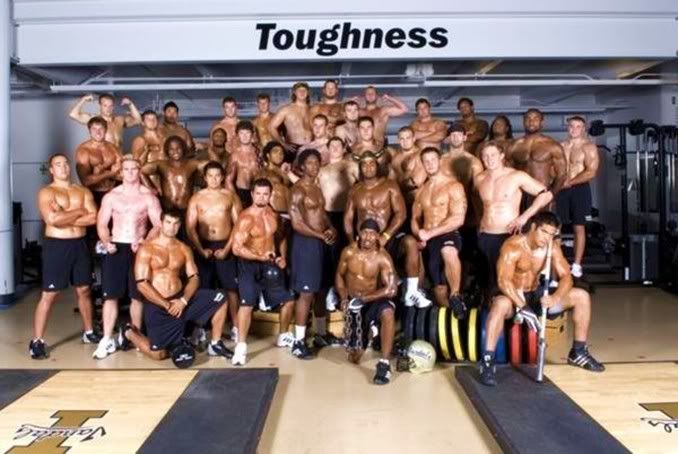The modernist period began in the 19th century and ended in the early 20th century. It is characterized as being a period where authors went outside of the normal boundaries of writing. Some of the characteristics that are known for the modernist writers are different kinds of subject matter and playing with the rules of language, making it much more difficult to understand. With what I have experienced thus far with modernist writers I have found that they all seem to be making statements about their ideas of life or critiquing the way that society is at the moment. They are using their voice to share with the readers what they feel about a certain subject, people or entire way of life. The way that they write makes finding their messages difficult, but challenging content is one of the characteristics. In Paris France by Gertrude Stein, Nightwood by Djuna Barnes, Querelle by Jean Genet and Swann’s Way by Marcel Proust I have found that each of these writers is trying to send a message about something that they felt strongly about.
In Paris France Stein comes up with an interesting way to get the reader to see things differently. With her strong use of rhetorical strategies she is able to persuade the reader to look at war-time differently. Instead of from the battlefield she shifts it to the homes of the people going through the war. She used repetition in her novel and this was the way that she was able to get the reader to think differently. At the end of the novel she uses metaphors for the 19th and 20th century. She explains to the reader the significance of each century but because that is a difficult thing to grasp she compares them to a life. From childhood to death and the readers are able to more clearly see this idea.
Djuna Barnes is perhaps the most difficult writers of the four that I am experienced with but what I have found within her novel is a questioning of love. Throughout the novel one character named Robin goes from person to person without seeming to feel any emotion, but what is more interesting is that she goes from man to woman. Djuna Barnes had once had a lover who she claimed to be in love with but not to have been a lesbian. She simply said that she was in love with a woman and that was that. It seems as though with the character Robin she is defending the ability to be able to just love someone without having to change your sexual preference.
Jean Genet makes a huge statement in his novel Querelle by critiquing the importance of beauty in society. Throughout the entire novel there is an obsession placed on one physically perfect character who happens to also be a murderer. While reading this novel I found that Genet was trying to show the reader that society was wrapped around the idea of what is beautiful and by also using the self obsessed character of Querelle to show them that being so focused on your looks is an affect of the societal pressures to look good in order to fit in.
Lastly Proust makes what seems like fun of society people and almost creates a large section in the book to feel like a scene in a play. While watching these characters you find them to be almost fake or acting a part. I find that Proust is trying to show the readers what society has constructed us to do in certain social situations. He is showing us how we are all just actors in the same world and playing a part to get something or somewhere in life.
What all four of these authors have in common is a message that they are trying to send to their audience. Like most modernist writers their writing is difficult to get through and it breaks many rules of the language. I found it very interesting that within each of these novels is the author trying to reach out and tell the reader their truth about life. They are trying to help the problem and do their part by giving the audience the opportunity to see their truth. Modernist authors created a new way of writing and it gave the opportunity to voice their ideas and views within their stories.




